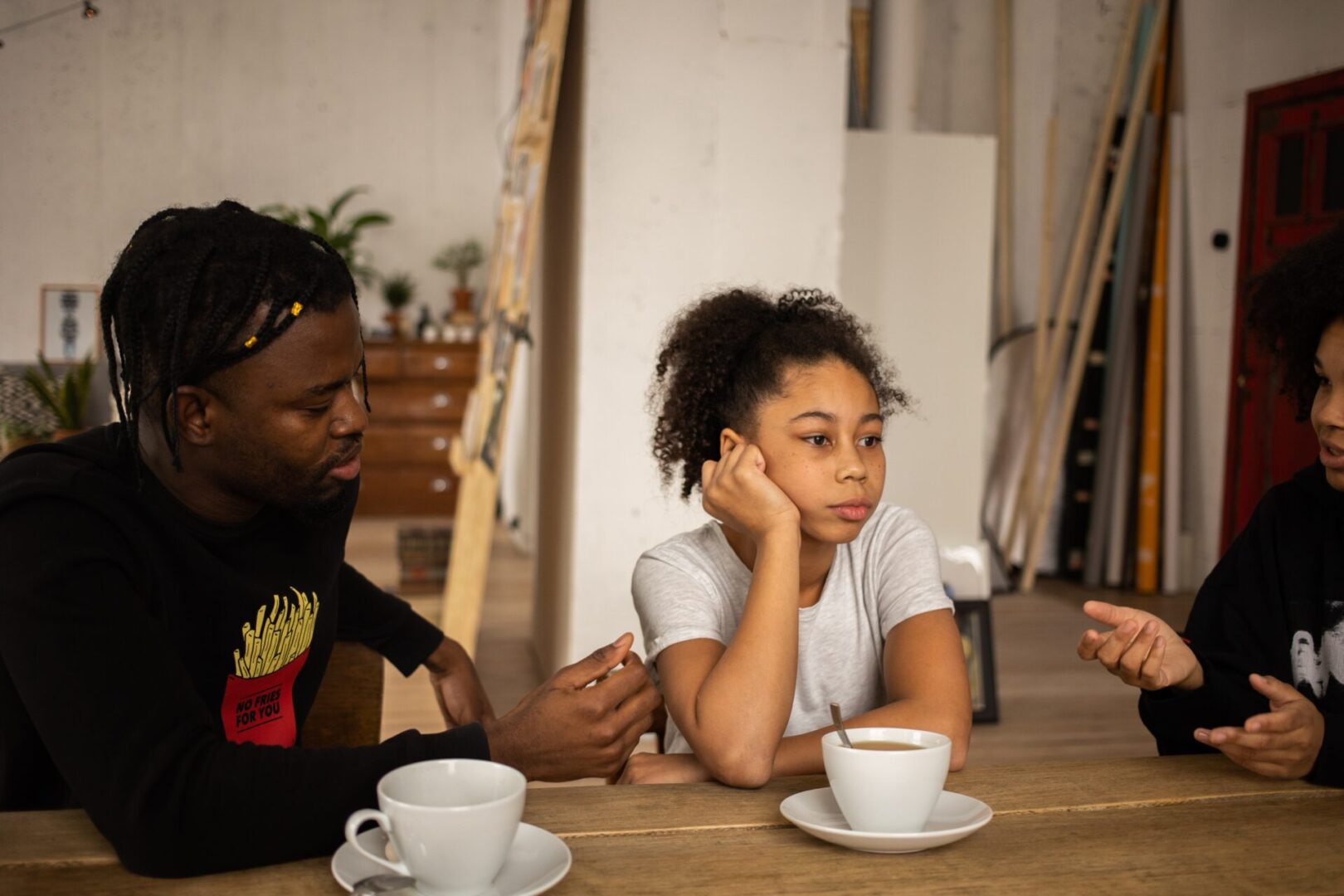The advancements in technology and the 24-hour news cycle that exist in today’s society have made it virtually impossible to avoid tragic news and images. While as adults, we may have come accustomed to recognizing these images and know how to react appropriately, the same can not always be said for young children and adolescents.
In the aftermath of a tragedy, it is important to know how to speak to children when they come to you for guidance as they try to grapple with their feelings and emotions, many of which may be new to them. Our Counseling & Wellness Centers staff are trained in dealing with the after effects of a trauma, and offer the following advice and guidance to parents or adults struggling to speak to a young child or adolescent in the wake of a tragedy.

- Be the one to start the conversation. Talking about the shooting with your child is important, as you are most likely their most-trusted voice. Because they may have likely heard about it from unreliable sources, including classmates and social media, it is important that you have a conversation with them to make sure they have all of the correct information and that they don’t feel threatened or nervous by what their classmates or social media may have shared with them.
- Encourage a discussion. Don’t just speak to your child about the tragedy - ask them what they are feeling and if there are any questions you can answer for them. Provide reassurance to your child by letting them know that others feel the same way about the tragedy, and that it is okay to share your emotions.
- Make sure to share your feelings. You don’t always have to put on a brave face - it is okay to be real with your child. Sharing your feelings will help them to better understand their own feelings and reactions, and offer them advice on how to cope with the tragedy.
- Seek extra help, if needed. If your child continues to react negatively or if their reactions are affecting their everyday life, contact a local mental health professional. Acenda staff are trained in dealing with trauma and can provide the extra care and assistance that your child needs during a difficult time.